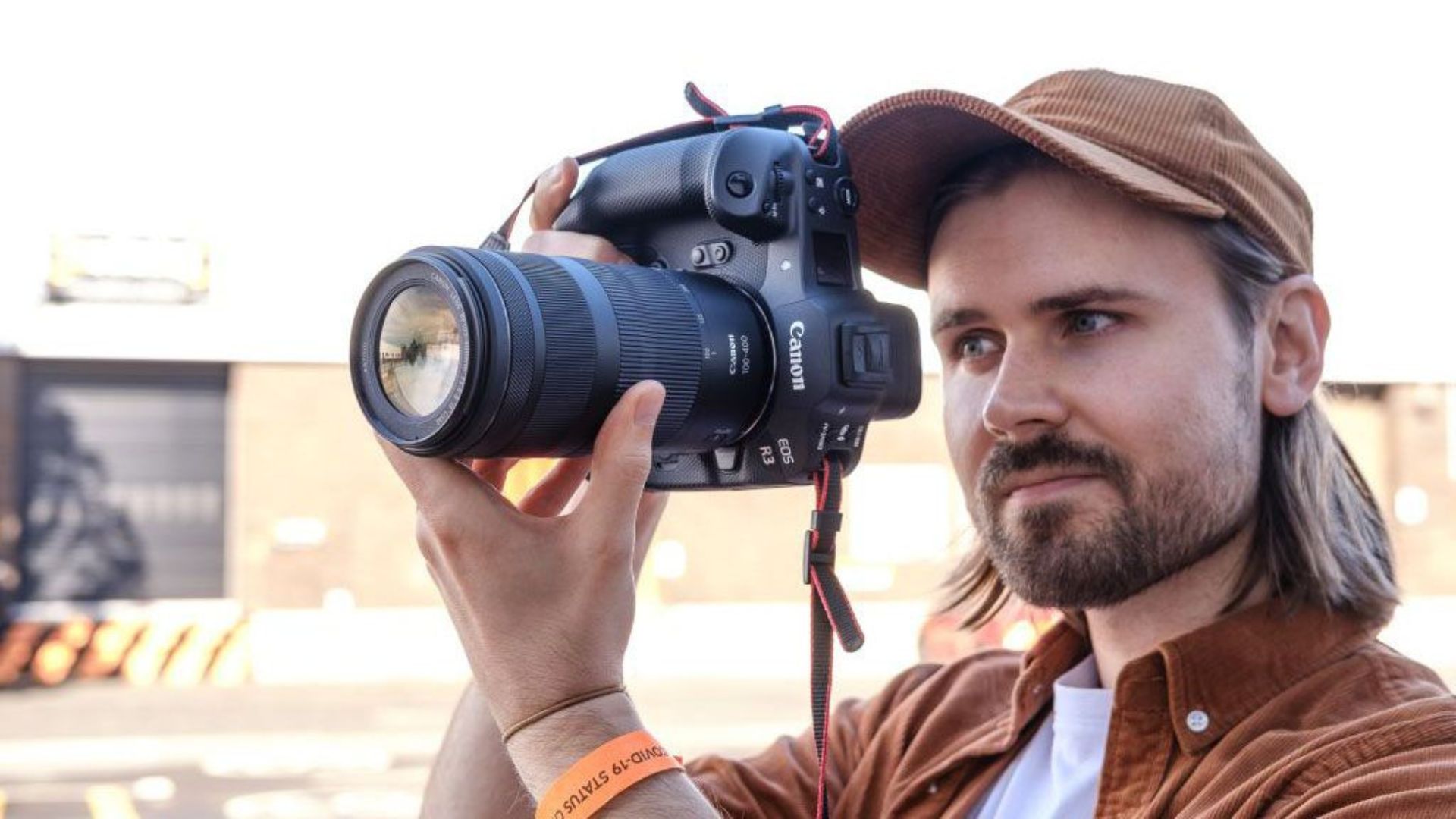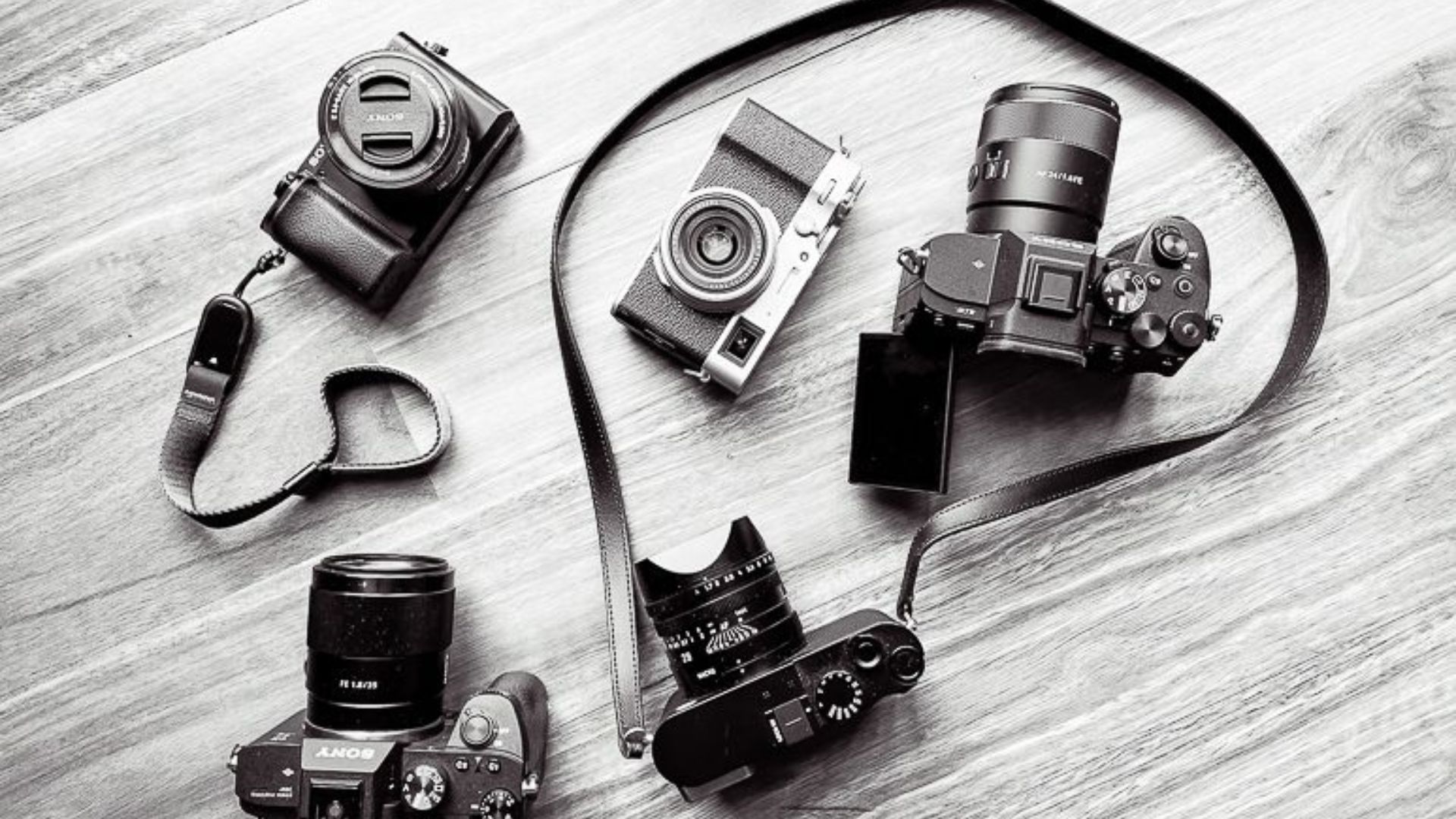
Professional photography requires both technical expertise and artistic vision. For professional photographers, the camera is an essential extension of their creative vision. Choosing the right equipment is crucial, impacting workflow, image quality, and ultimately, the success of their projects. But with a vast array of options available, navigating the market can be daunting. This guide delves into the top contenders for professional photography in 2024, considering critical factors like image quality, performance, features, and budget.
Factors to Consider
Before diving into specific models, it’s essential to consider the following factors that influence your decision:
-
Your Specialty
Different photography disciplines have varying needs. Landscape photographers prioritize high-resolution sensors and dynamic range, while sports photographers require fast autofocus and burst shooting capabilities.
-
Budget
Professional cameras are significant investments. Determine your budget and prioritize features most crucial for your work.
-
Brand Preference
While brand loyalty isn’t essential, some photographers might have established preferences for specific manufacturers based on familiarity and their ecosystem of lenses and accessories.
Additional Factors to Consider When Choosing a Professional Photography
1. Image stabilization
- Sensor-shift vs. lens-shift: Professional cameras often offer different image stabilization technologies. Sensor-shift stabilization moves the sensor itself to counteract camera shake, while lens-shift stabilization moves elements within the lens.
- Importance for your style: For photographers who frequently shoot handheld or in low-light conditions, having effective image stabilization is crucial.
2. Ergonomics and handling
- Weight and size: Professional cameras can be bulky and heavy. Consider how the camera feels in your hands and whether its size and weight will hinder your mobility during shoots.
- Customization options: Professional cameras often offer extensive customization options for buttons and dials, allowing you to personalize your shooting experience for efficiency and comfort.
3. Connectivity and workflow
- Dual card slots: Having two card slots allows for redundancy and backup of your images, which is vital for professional photographers.
- Weather sealing: If you frequently shoot in challenging weather conditions, a camera with weather sealing is crucial to protect your equipment from dust, moisture, and extreme temperatures.
- Tethered shooting: The ability to connect the camera to a computer for tethered shooting allows for real-time image viewing and editing on a larger screen, which can be beneficial for studio work or events.
4. Video capabilities
- Resolution and frame rate: For photographers who also shoot video, consider the camera’s video capabilities such as resolution (4K, 8K) and frame rate (24fps, 60fps).
- Log profiles and codecs: Professional video cameras often offer log profiles and high-quality codecs that provide greater flexibility for color grading and editing in post-production.
5. Lens ecosystem
- Lens compatibility: Different camera brands have their own lens ecosystems. Consider the availability and variety of lenses offered by the manufacturer, ensuring you have access to the lenses you need for your specific shooting style.
- Lens quality: Invest in high-quality lenses that complement the capabilities of your camera. While the camera body is important, professional-grade lenses significantly impact the overall image quality and performance.
Top Camera Picks for Professional Photography
1. Full-Frame Mirrorless Powerhouses
- Sony Alpha 1: This camera boasts a high-resolution 50MP full-frame sensor, exceptional autofocus capabilities, and weather-sealed construction. It excels in capturing stunning detail, offers blazing-fast shooting speeds, and is ideal for demanding professional projects.
- Canon EOS R5: This full-frame mirrorless powerhouse features a 45MP sensor, excellent low-light performance, and impressive 8K video recording capabilities. Its robust build, fast autofocus system, and user-friendly interface make it a versatile option for professional photographers and videographers alike.
2. High-Resolution Champions
- Nikon Z9: This camera boasts a high-resolution 45.7MP full-frame sensor, lightning-fast autofocus, and exceptional weather sealing. With its ability to capture intricate details and handle challenging lighting conditions, it’s ideal for professionals specializing in landscape, portrait, and commercial photography.
- Sony Alpha 7R V: This mirrorless camera packs a whopping 61MP full-frame sensor, delivering exceptional image quality and dynamic range. It caters to professionals demanding unparalleled detail and clarity in their work, particularly in studio and portrait photography.
3. Feature-Rich Workhorses
- Canon EOS R3: This full-frame mirrorless camera features a 24MP sensor, a robust build, and professional-grade features like fast autofocus and superior image stabilization. It’s a reliable companion for sports and wildlife photography, where capturing fleeting moments with exceptional detail is crucial.
- Nikon D850: This DSLR camera offers a 45.7MP full-frame sensor, excellent image quality, and a long battery life. It’s a popular choice for professional photographers who value the familiar ergonomics of a DSLR and its extensive lens ecosystem.
Beyond the Camera
While the camera is a crucial element, professional photographers rely on a complete ecosystem of equipment. Invest in high-quality lenses that complement your camera and shooting style. Explore lighting techniques specific to your genre and utilize professional editing software to refine your photographs. According to James Artaius, ”The best professional cameras deliver high-quality images, accurate AF, fast burst modes, and at least 4K video.”
Final Thoughts
The “best” camera for professional photography isn’t a universal answer. It depends on your specific needs, budget, and shooting style. Consider the factors mentioned above, research extensively, and don’t hesitate to try out different cameras before making your final decision. Remember, the most important element is your creative vision and your ability to leverage the power of your chosen equipment to tell compelling stories through your photographs.

